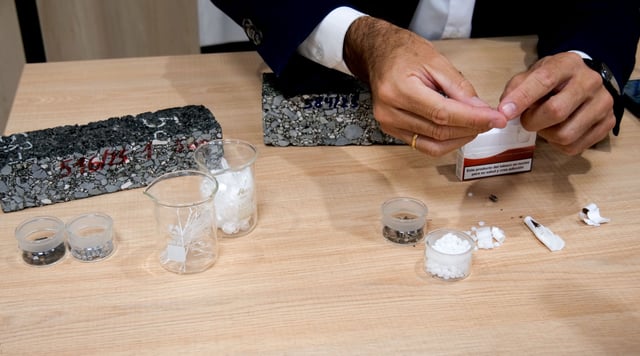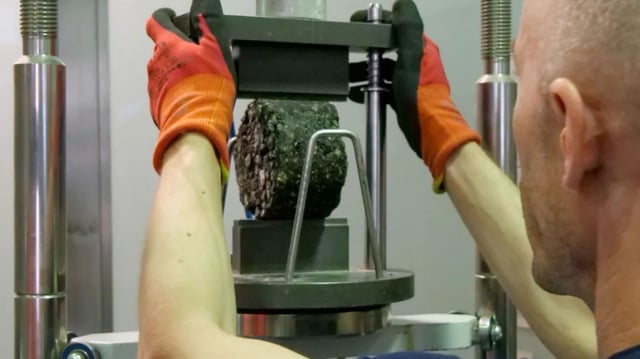Overview
- Smokers discard nearly 9 trillion cigarette filters annually, creating a persistent environmental hazard that degrades extremely slowly in soils, waterways and marine ecosystems.
- Researchers crushed cellulose fibers and PLA plastic from discarded filters, mixed them with Fischer-Tropsch wax under heat and pressure to form pellets that release reinforcing fibers in hot bitumen.
- LabIC. UGR tests of asphalt containing 40 percent reclaimed pavement and cigarette-filter pellets demonstrate superior crack resistance and flexibility under traffic and thermal loads compared with conventional mixtures.
- Wax in the pellets lowers bitumen viscosity, enabling reduced mixing temperatures and cutting energy consumption and pollutant emissions in asphalt production.
- Research teams are planning follow-on studies to optimize pellet fabrication and increase recycling agent content for further enhancements in recycled asphalt performance.

